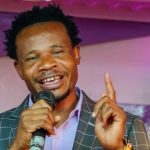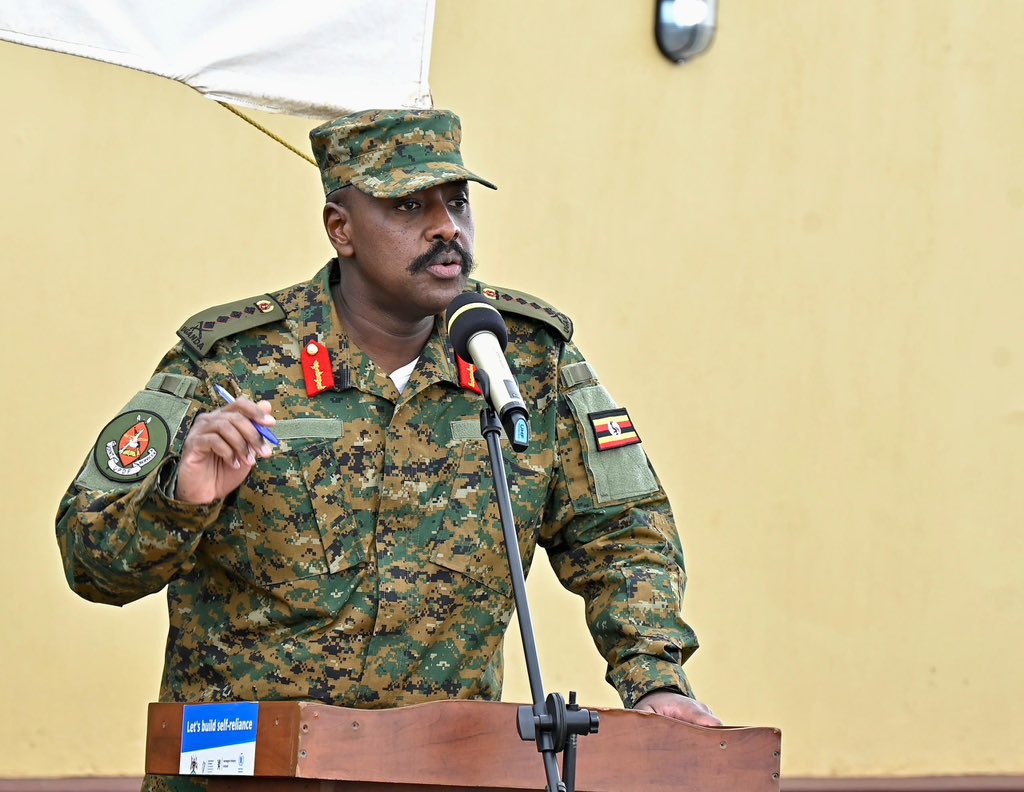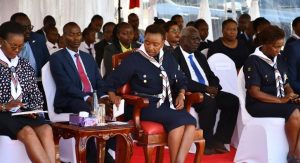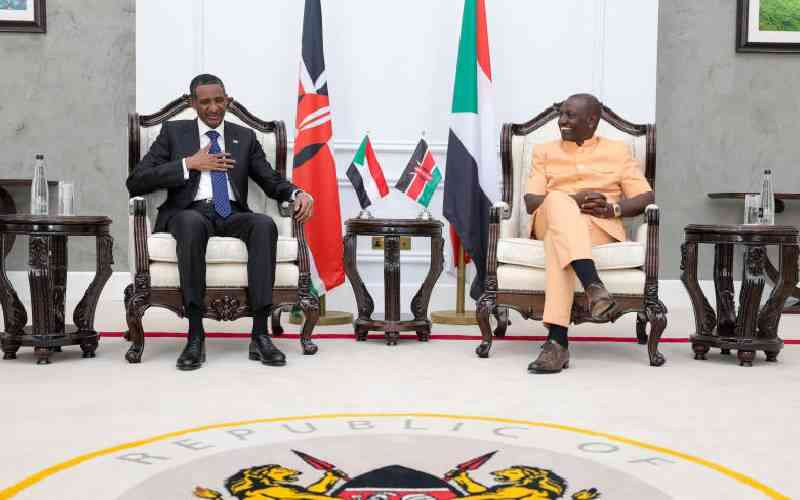General Muhoozi Kainerugaba, the son of President Yoweri Museveni and the head of Uganda People’s Defence Forces (UPDF), joined senior military leaders from across East and Central Africa convened in Nairobi on Friday to deliberate on escalating tensions in the Democratic Republic of Congo (DRC).
The high-level meeting, hosted by Kenya’s Chief of Defence Forces, Gen. Charles Kahariri, brought together defence chiefs from the East African Community (EAC) and member states and representatives from regional peacekeeping coalitions.
The primary focus was to strategize on containing the intensifying violence in eastern DRC, where multiple armed groups have continued to challenge government forces despite ongoing international mediation efforts.
The meeting was organized following a directive from the joint EAC-Southern African Development Community (SADC) Heads of State Summit earlier this month in Dar-es-Salaam, Tanzania.

“Prior to today’s meeting, the EAC Defence Experts Working Group held two days of discussions, laying the groundwork for today’s meeting.
“In her opening remarks, EAC Secretary General Hon. Veronica Nduva emphasized that the Nairobi Process is the key mechanism for supporting the DRC government and its citizens. While acknowledging the challenges therein, she expressed optimism that lasting peace, security, and stability could be achieved through ongoing efforts to address the root causes of the conflict,” the Ministry of Defence said on its official website.
The Chairman of the meeting, General Charles Kahariri, Kenya’s Chief of the Defence Forces, stressed the urgency of addressing the escalating violence and humanitarian crisis in DRC. He called for collective strategies and decisive actions to tackle the situation.
“Our collective resolve and collaborative spirit during these deliberations reflect the strength and unity of the East African Community in pursuing regional peace and stability. I commend you all for your thorough analysis and actionable recommendations, which have significantly influenced our strategic decisions,” General Kahariri said.
The meeting was guided by six key directives; Immediate and unconditional ceasefire and cessation of hostilities; Provision of humanitarian assistance; Opening of main supply routes; Development of a securitization plan for Goma and surrounding areas; Immediate reopening of Goma Airport and Advice on other facilitative interventions.
The meeting concluded with the signing of a final report, including recommendations to be forwarded to the EAC Council of Ministers for further action.

Muhoozi’s presence in Nairobi has stirred mixed reactions because of his controversial tweets in October 2022 that almost sparked a diplomatic tiff between Kenya and Uganda.
In a series of tweets on October 2, 2022, Muhoozi bragged that he could capture Nairobi in just two weeks.
“It wouldn’t take us, my army and me, 2 weeks to capture Nairobi,” Muhoozi wrote in one of his controversial tweets.

Kenya’s diplomacy
The meeting of the defence chiefs in Nairobi comes just days after President William Ruto hosted a high-level delegation from the Democratic Republic of Congo (DRC) to address the worsening security situation in Eastern DRC.
The talks, held in Ruto’s capacity as Chair of the East African Community (EAC), focused on implementing resolutions from recent regional summits, including the Joint Summit of the EAC and Southern African Development Community (SADC) held in Dar es Salaam on February 8, 2025.
“We discussed options as agreed during the Joint Summit of EAC-SADC and the African Union Peace and Security Council meeting in Addis Ababa,” Ruto said Tuesday, highlighting the urgency of coordinated regional action to end the violence that has displaced thousands in the DRC
Kenya’s active mediation in the DRC conflict has been widely welcomed, but its simultaneous involvement in Sudan’s political crisis has stirred controversy.
On February 18, Nairobi hosted a meeting at the Kenyatta International Convention Centre (KICC) with Sudanese political factions and armed groups aligned with the Rapid Support Forces (RSF), which has been locked in a power struggle with Sudan’s military since 2023.
Sudan’s foreign ministry swiftly condemned the meeting, accusing Kenya of undermining its sovereignty and enabling hostile forces.
“Hosting RSF leaders and allowing them to conduct political and propaganda activities while committing atrocities is an act of hostility against the Sudanese people,” the ministry said in a strongly worded statement.
Citing an earlier meeting with President Ruto in January, Sudan’s Foreign Minister Ali Youssif claimed Kenya had pledged not to support any RSF-backed political formation – a commitment Sudan now claims Nairobi has violated.
In response, Prime Cabinet Secretary and Foreign Affairs Minister Musalia Mudavadi reiterated the country’s neutral stance and longstanding role as a peace facilitator.
“Kenya stands with the people of Sudan as they determine their future through inclusive dialogue,” Mudavadi said.
“We remain ready to support peace efforts through regional bodies like IGAD, the African Union, and other mechanisms aimed at stabilizing the Horn of Africa.”
Mudavadi acknowledged the delicate balance between addressing security concerns and restoring civilian rule in Sudan, stressing that Kenya aligns with the African Union’s stance against unconstitutional changes of government.
Sing’Oei’s statement spotlighted Kenya’s broader diplomatic strategy: embracing the risks of peacemaking to promote stability across a region marked by complex and deep-rooted conflicts.
While Kenya’s approach has drawn both praise and criticism, its leadership in regional diplomacy remains pivotal as East and Central Africa confront pressing security challenges.









